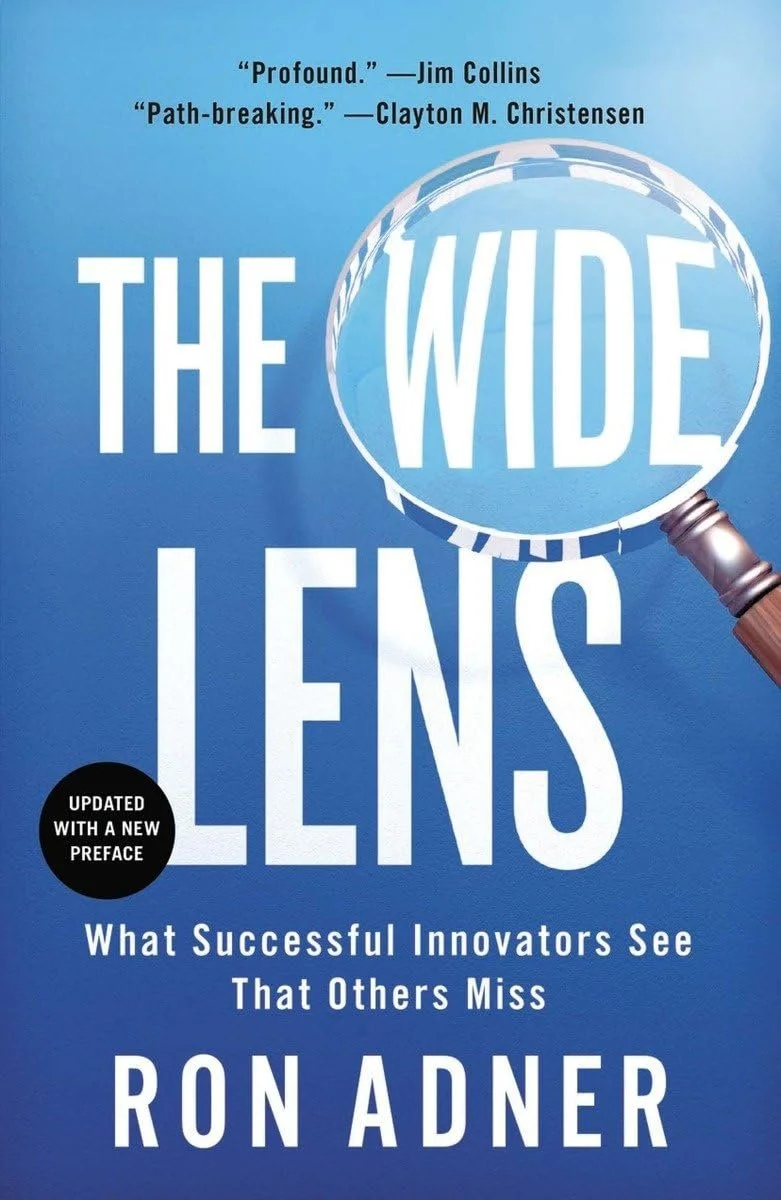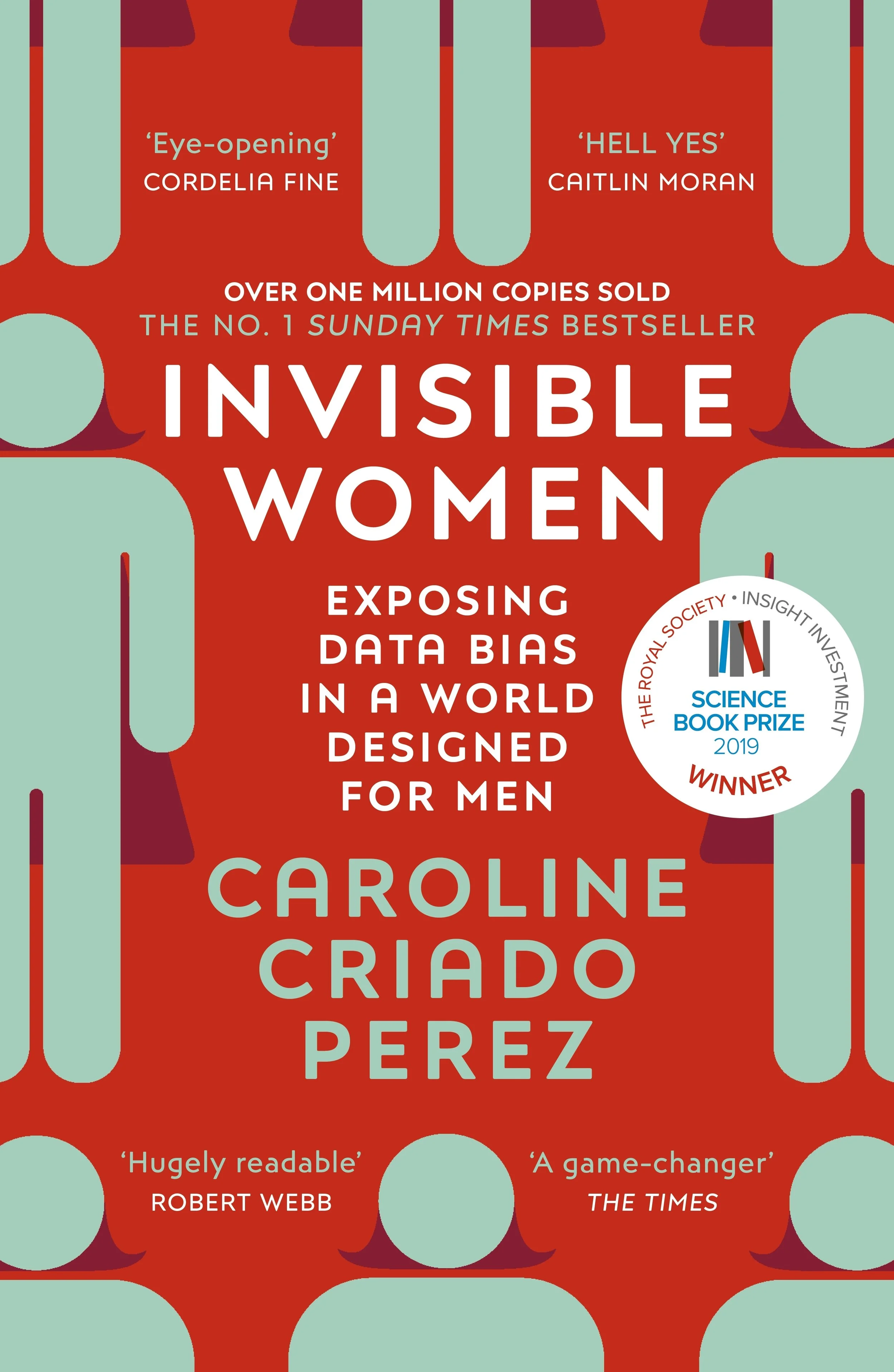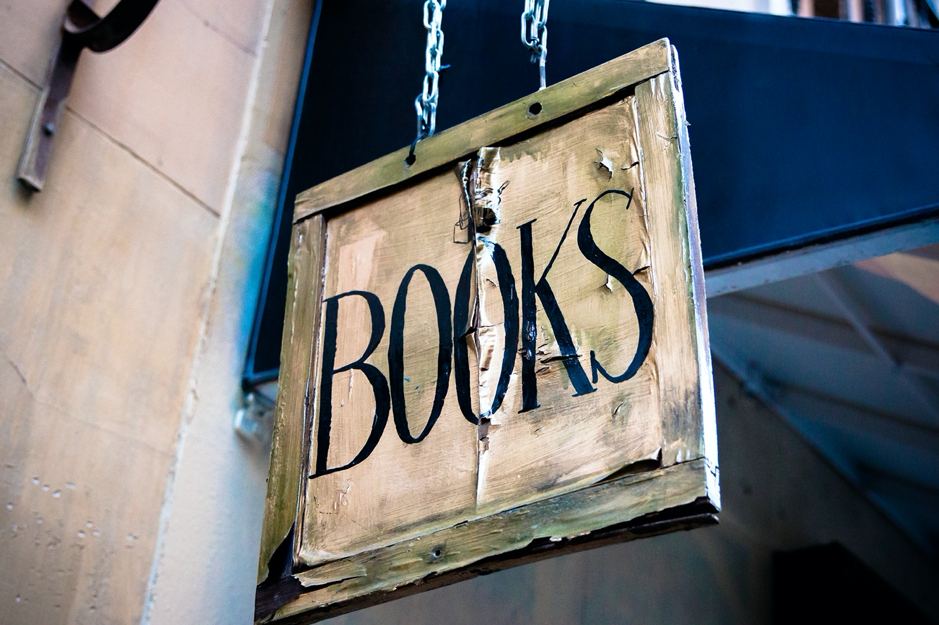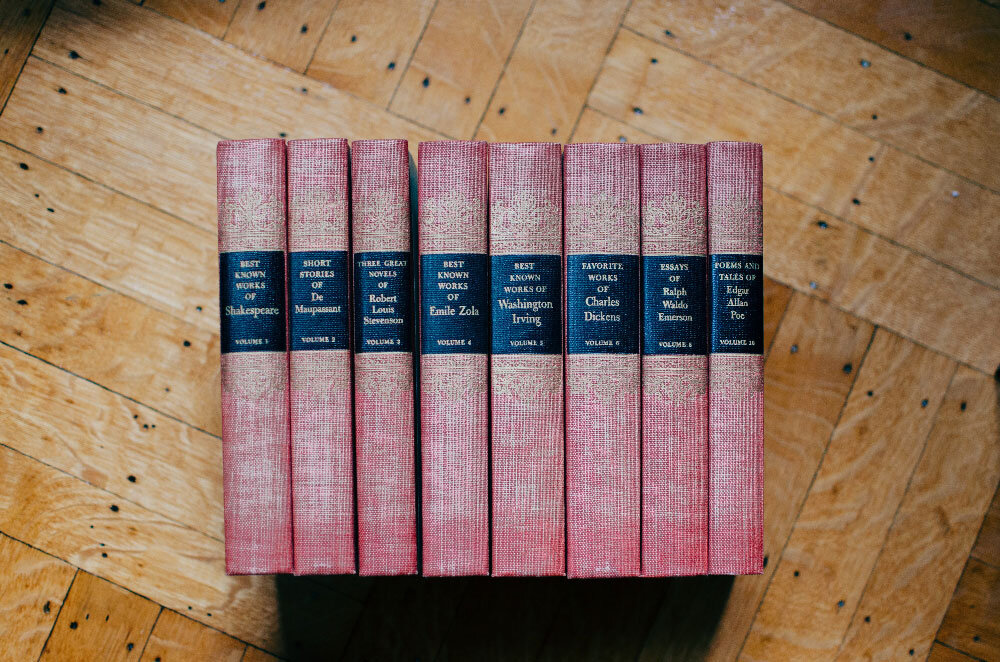Books that most influenced my work in 2024
As we enter 2025, I’m thrilled to continue my tradition of sharing the four business books that most influenced my thinking and work. In 2024, my reading list challenged me to see the world through different perspectives and explore major trends, from the ethical implications of AI to the structural biases shaping our world. Below are my four standout recommendations, books that not only resonated deeply but also informed my discussions with clients and friends, my business decisions, and priority focus for 2025 and beyond.
“A book is a device to ignite the imagination.” Alan Bennett
Nexus, by Yuval Noah Harari. (link)
And he’s back on my list once more! Readers familiar with my previous recommendations know I’m a fan of Harari’s work. This year, I read Harari’s Nexus: A Brief History of Information Networks from the Stone Age to AI ahead of an offsite in Zurich dedicated to exploring AI, where I shared Harari's perspective and insights with my Strategyzer friends and colleagues. Nexus is a nonfiction book that explores the profound impact of information networks throughout human history. Harari explains how the flow of information has shaped us, and our world. Taking us from the Stone Age, through the canonisation of the Bible, early modern witch-hunts, Stalinism, Nazism, and the resurgence of populism today, he asks us to consider the complex relationship between information and truth, bureaucracy and mythology, wisdom and power. And he addresses the urgent choices we face as non-human intelligence threatens our very existence.
Harari’s book is rich and dense, making a comprehensive summary impractical. Instead, I chose to share in my presentation in Zurich and since then in a blogpost the five key insights on AI that have resonated deeply with me and shaped many conversations since I finished the book. If you could only read one book in 2025 I would advise you to read Nexus.
“AI can process information by itself, and thereby replace humans in decision-making. AI is not a tool, it’s an agent.” Yuval Noah Harari
The Creative Act: A Way of Being, by Rick Rubin. (link)
I discovered this book thanks to my friend Greg Bernarda when he took over the October edition of our Turning Tides newsletter and I have been under its spell ever since. The Creative Act is a truly magical book that makes me see my work under a new light and practice a new way of being. Here’s how Greg introduced it in Turning Tides:
“This book is significant because it’s not really a book. It’s a tool that unlocks our capability in real time. Aka a bible for creatives. It took Rick seven years to write and every mini-chapter is a world to unwrap. If you want to work with more complexity, nuance, and magic in your field, this is for you.” Greg Bernarda
“Living life as an artist is a practice.
You are either engaging in the practice
or you’re not.
It makes no sense to say you’re not good at it.
It’s like saying, “I’m not good at being a monk.”
You are either living as a monk or you’re not.
We tend to think of the artist’s work as the output.
The real work of the artist
is a way of being in the world.” Rick Rubin
The Wide Lens, by Ron Adner. (link)
Innovation often falters not because of the core product but due to misaligned ecosystems. The Wide Lens will change the way you think about innovation; opening the aperture and shifting the focus from individual innovations to the ecosystem on which their success depends. As companies now strive to harness AI and drive breakthrough advancements, Adner’s insights provide a crucial framework for understanding and managing the interconnected factors that influence innovation success.
“The central message of The Wide Lens is that the ultimate success of any innovation effort no longer depends on you alone. While it is important to understand your customers and your competition, there is now a third consideration: the ability to recognize and align the critical partners on whom your success depends. This is what it means to navigate and win within your innovation ecosystem.” Ron Adner
Invisible Women, by Caroline Criado Perez. (link)
Criado Perez’s Invisible Women is an eye-opening exposé of the gender data gap and the systemic discrimination it perpetuates. She demonstrates how the world - from workplace policies to urban design - has been built around male norms, often to the detriment of women.
This book has challenged my world view and made me think more critically about inclusivity in innovation and strategy. It is a stark reminder that failing to consider diverse perspectives can lead to biased outcomes, limiting the effectiveness and reach of our work. For leaders and decision-makers, Invisible Women offers a roadmap to addressing these biases and creating more equitable systems.
“Films, news, literature, science, city planning, economics. The stories we tell ourselves about our past, present and future. They are all marked – disfigured- by a female-shaped ‘absent presence’. This is the gender data gap.” Caroline Criado Perez
Each of these books has left an indelible mark on my work in strategy, innovation, and leadership. Whether it’s rethinking innovation as an ecosystem play, addressing structural biases against women, seeing the world through the eyes of an artist, or navigating the ethical dilemmas of AI, these insights have been instrumental in shaping my approach this year. I hope these recommendations inspire you as much as they have inspired me.
As always, I’m curious: what’s next on your reading list?
Here’s to a new year of growth, reflection, and discovery… Happy reading!











